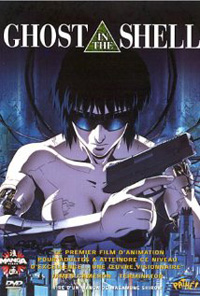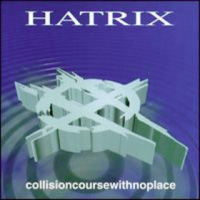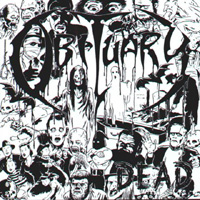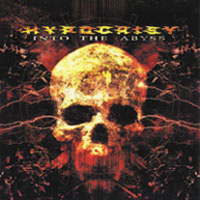 Ghost In The Shell
Ghost In The Shell
with Atsuko Tanaka, Iemasa Kayumi, Akio Ôtsuka
Written by Shirow Masamune, Kazunori Itô
Directed by Mamoru Oshii
(Manga Entertainment)
by Paul Lee
Envision a world where humans and cyborgs co-exist with equal status. Now try to picture Tokyo in the year 2029. Technology has consumed society, and even computer programs might “evolve” into sentient beings. Taking its cue from concepts pondered by such writers as Isaac Asimov and Phillip K. Dick, the brilliantly animated Japanese film Ghost in the Shell looks at the complexity and danger of technology run amok. It’s a film that is as literate, gripping and thought-provoking as great science fiction movies like Blade Runner or 2001: A Space Odyssey.
Visually, Ghost is a retinal blow out. There is no comparable movie done in America, and probably none in Japan. From the incredible cell animation to the unique weapon, vehicle and background designs, every element of Ghost was painstakingly created and rendered. Blended with the cell animation is computer animation that enhances the thrill. Watching Ghost is akin to taking an excursion through a cybernetic plane of existence. You experience this animated movie as much as you view it.
As is common for a Japanese manga (comic book) turned anime (animated movie), the plot of Ghost In The Shell is complex. It was created by Masumamune Shiro, a highly respected and talented comic book artist/writer with a knack for creating high level cyber thrillers. Like its cousin, the highly acclaimed animated sci-fi thriller Akira (both movies had the same producers), Ghost‘s plot takes all sorts of twists and turns with a number of levels of complexity. The tale takes place in a futuristic Tokyo where a secret computer espionage program created by a government agency has taken on a life of its own, developed a consciousness of sorts, and searches for a host body. All sorts of chaos ensues as the Internal Bureau of Investigation (the cops) see this program/entity, dubbed “The Puppet Master,” as a security threat and try to eliminate it.
With all its complexity, Ghost actually gets hard to grasp at times, much like Akira. There were points when I scratched my head as my brain switched into overload mode trying to grasp some of the cyberbabble and concepts. But this problem is actually what makes the film such a unique, intelligent and highly philosophical work of art. Though less action-dominated than most anime films, Ghost is more conceptual and thought-provoking.
The film takes an in-depth look at the questions that writers like Isaac Asimov and his robots, and Philip K. Dick and his replicants, were asking about artificial intelligence. At the rate that technology increases in this world, we may soon have to deal with the questions of what is a sentient being in relation to the technology he creates. Shiro’s probing of this issue takes on more than a need to entertain the masses; it makes them think. His main characters often question their humanity and existence as cyber beings.
Companies like Disney may regard the animation business as puerile and stagnant, but companies like Manga Entertainment and Bandai understand the importance of the medium. As evidenced by the many anime companies in this country, the market for adult animation is strong, and likely to grow more so in time. Ghost In The Shell proves that the quality of Akira was no fluke, and with huge amounts of good quality anime serials out there, we’ve only touched the tip of the anime iceberg. With a serious lack of good sci-fi in this country, not to mention weak cyber-thrillers like Virtuosity and The Net, the Japanese continue to fill the void with their first-rate animated thrillers.



